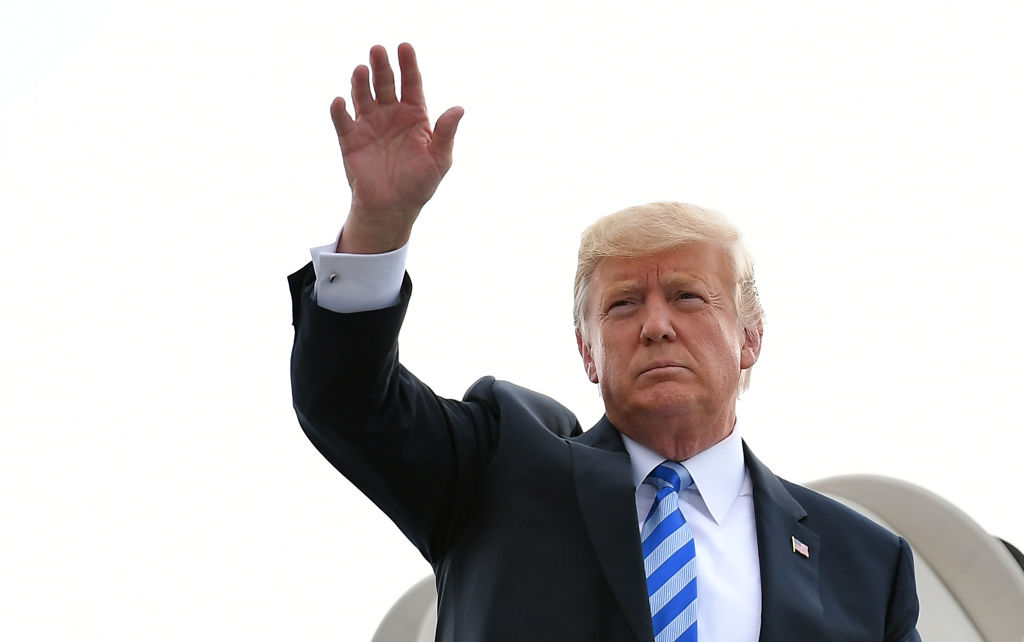The debate continues over whether a president can be indicted


A free daily email with the biggest news stories of the day – and the best features from TheWeek.com
You are now subscribed
Your newsletter sign-up was successful
To indict, or not to indict: That is the question.
Not long after Michael Cohen, President Trump's former personal lawyer, pleaded guilty on Tuesday to eight counts of financial crimes, his attorney, Lanny Davis, posed a question to his Twitter audience: If Cohen broke election laws by secretly paying off two purported Trump paramours "in coordination with and at the direction of a candidate for federal office" with the "purpose of influencing the election," then "why wouldn't they be a crime for Donald Trump?"
Cornell professor Jens David Ohlin told Vox that Trump is "clearly guilty of violating campaign finance laws and also guilty of federal conspiracy as well. ... Normally, he would be indicted right away. But that won't happen only because he's the president." He's not the only one who said this on Tuesday; Fox News' John Roberts tweeted that people close to Trump told him, "Remember, the president cannot be indicted."
The Week
Escape your echo chamber. Get the facts behind the news, plus analysis from multiple perspectives.

Sign up for The Week's Free Newsletters
From our morning news briefing to a weekly Good News Newsletter, get the best of The Week delivered directly to your inbox.
From our morning news briefing to a weekly Good News Newsletter, get the best of The Week delivered directly to your inbox.
In 2000, the Office of Legal Counsel released a memo saying it agreed with a conclusion reached by the Justice Department in 1973, that the "indictment or criminal prosecution of a sitting president would unconstitutionally undermine the capacity of the executive branch to perform its constitutionally assigned functions." Neal Katyal, who served as acting solicitor general during the Obama administration, told CBS News in May "the basic point is that prosecutors should not be able to tie up the work of a president."
That's not to say that a president, after leaving office, couldn't be charged with wrongdoing, or that Congress couldn't revive the independent counsel statute and have that person file charges. Scott L. Frederickson, a former federal prosecutor, told CBS News that "a fundamental tenet of our political and criminal justice system is that no man is above the law," and because of that, "there is a very persuasive argument that can be made that you can indict a sitting president."
A free daily email with the biggest news stories of the day – and the best features from TheWeek.com
Catherine Garcia has worked as a senior writer at The Week since 2014. Her writing and reporting have appeared in Entertainment Weekly, The New York Times, Wirecutter, NBC News and "The Book of Jezebel," among others. She's a graduate of the University of Redlands and the Columbia University Graduate School of Journalism.
